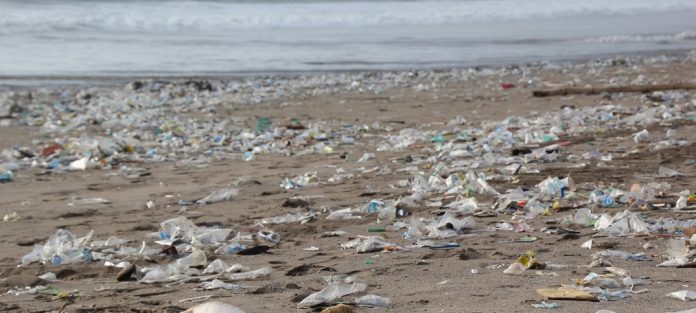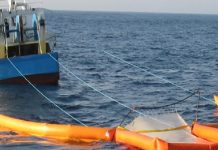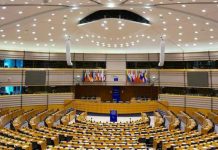BIR Trade & Environment Director Ross Bartley has attended marathon meetings of the Basel Convention in Geneva over the last two weeks.
Countries across the world worked together to create a step-change in the Basel Convention itself in order to alleviate the damage plastic does to life in the oceans and on land. The significant change at the recent meetings has been in categorising non-hazardous plastic waste that is not recyclable or is difficult to recycle as a waste requiring special consideration, and listing it in Annex II under the Basel Convention. Bringing non-recyclable or difficult-to-recycle plastic wastes under the Convention will reduce their transboundary movement and force countries to do more to manage their own plastic waste at the point of generation.
Not only will movements of non-recyclable or difficult-to-recycle plastic wastes now be reduced and controlled, but also countries will work together under the Basel Convention Partnership for Plastic Wastes and will undertake more actions and initiatives so as better to manage plastics.
The next challenge will be implementation
Within less than a year, the Basel Convention has reacted to public concerns and provided meaningful change. When these legal changes come into force, the next challenge will be implementation, helping even the smallest of island states to comply. The Bureau of International Recycling (BIR) has pledged to work with the new Basel Convention Partnership on Plastic Wastes, having already played an active role in the related Household Waste Partnership that includes inter alia plastic waste. BIR is also very supportive of avowed intentions to remove or reduce hazardous constituents in plastics among the “further actions to address waste under the Basel Convention”.
There can be hardly anyone around the world who is unaware or has not been affected by mismanagement of plastic waste and plastic litter. People absolutely do not want to ingest plastics through drinking water or food, nor do people want to see plastic cause harm to wildlife. Given the public’s great concern about the effects of plastic pollution on their health and the environment, the Government of Norway proposed changes last year to the United Nations’ “Basel Convention on the Control of Transboundary Movements of Hazardous Wastes and Their Disposal”. The Convention changes proposed by Norway were specifically to tackle non-hazardous solid plastic waste being dispersed into the environment and causing problems globally in the form of marine litter and microplastics.
The production of new plastic goods is set to rise exponentially over the next decade. Worldwide, however, both the collection and initial sorting of used plastics are low; it follows that recycling of plastics is generally low too. Nevertheless, good recyclers around the world are always endeavouring to increase the quality and volumes of the plastics they recycle, and they look to everyone – from the general public to the United Nations – to support those aims. After all, recycling helps reduce the environmental impact of the ever-increasing demand for plastics, specifically mitigating the climate change effects of oil extraction and its use in making plastics. BIR continues to work with governments to improve and optimise the conditions for managing plastic wastes.
These important topics will be discussed in detail at the upcoming BIR World Recycling Convention in Singapore (May 20-22 2019) during the plenary meetings of the International Environment Council and the Plastics Committee.
Source: Bureau of International Recycling (BIR)






